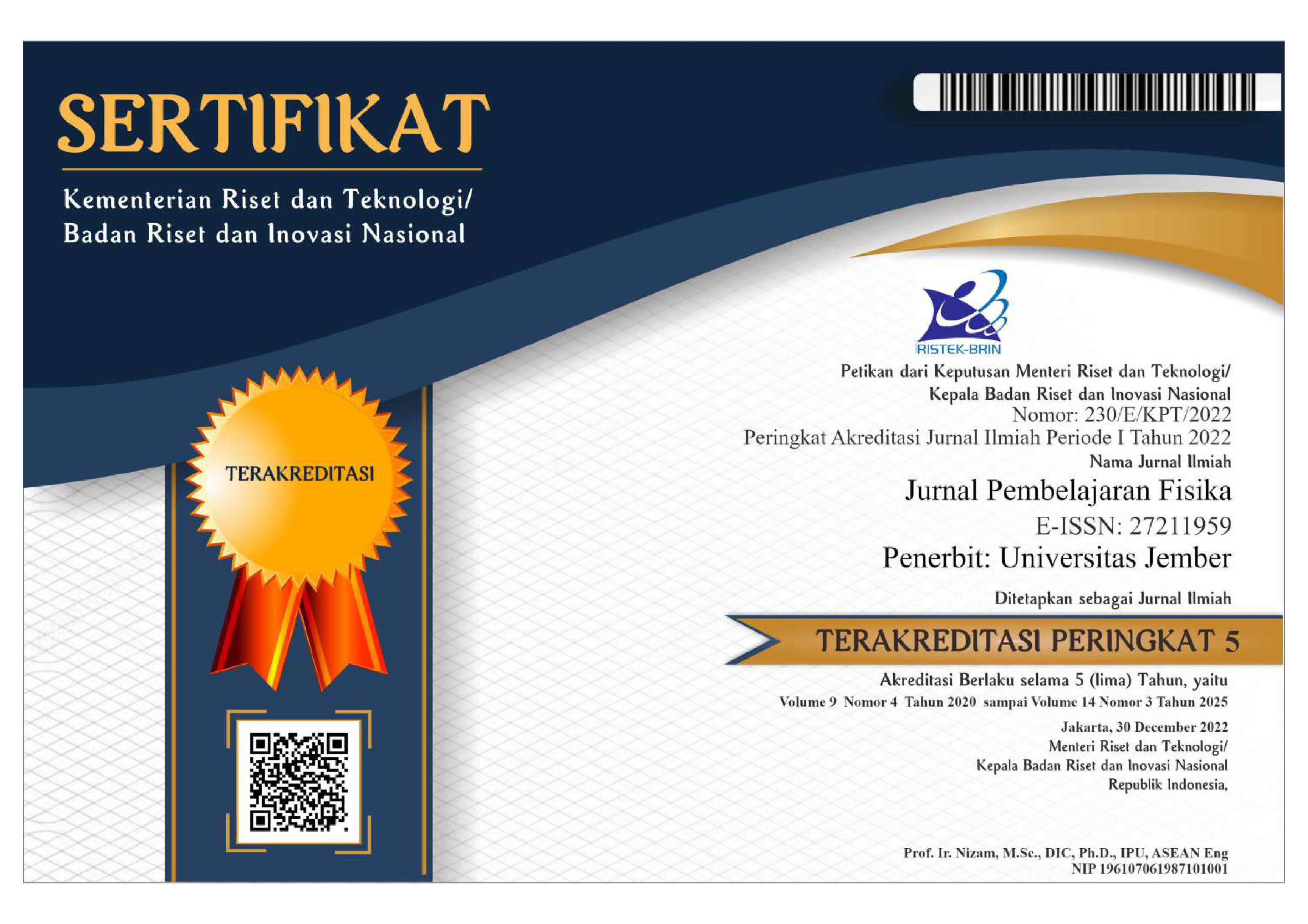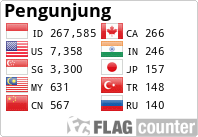sinta
InstructionForAuthor
..:: Instruction for Author ::..
journalpolicy
forreviewer
..:: For Reviewers ::..
supportingfile
..:: Supporting File ::..
stat
..:: Instruction for Author ::..

JPF: Jurnal Pembelajaran Fisika
journal.unej.ac.id/JPF/
Faculty of Education, University of Jember
Kalimantan Street Number 37, Sumbersari, Jember, East Java, Indonesia 68121
E-mail: jpf.unej@gmail.com
Phone: 08233141696
journal.unej.ac.id/JPF/
Faculty of Education, University of Jember
Kalimantan Street Number 37, Sumbersari, Jember, East Java, Indonesia 68121
E-mail: jpf.unej@gmail.com
Phone: 08233141696













